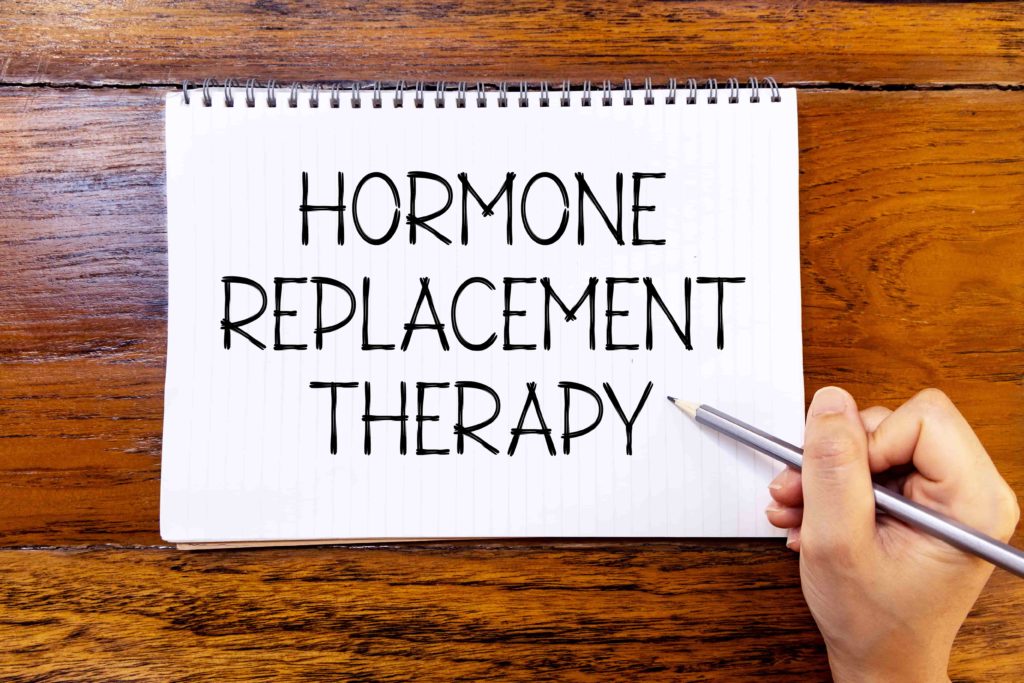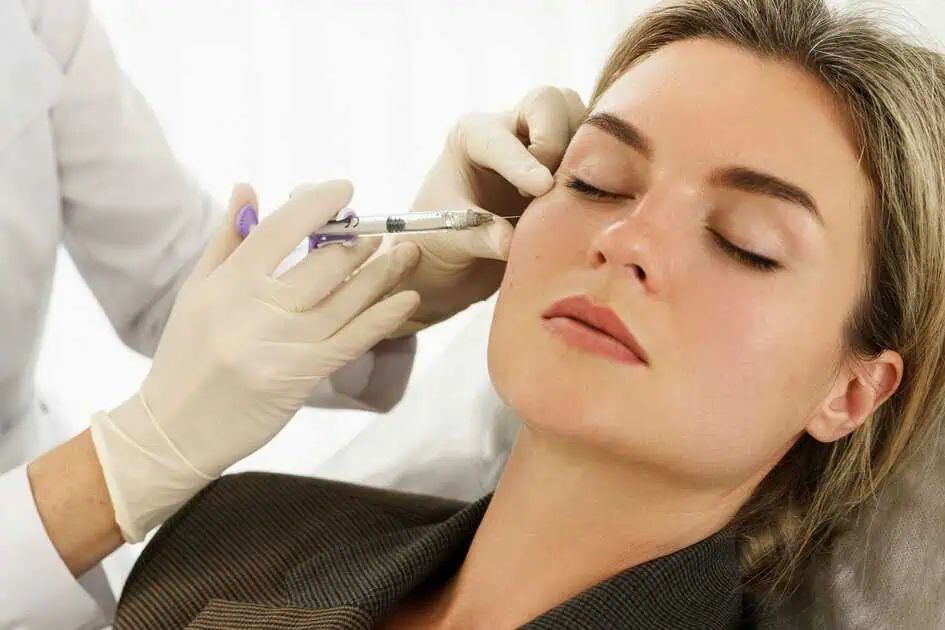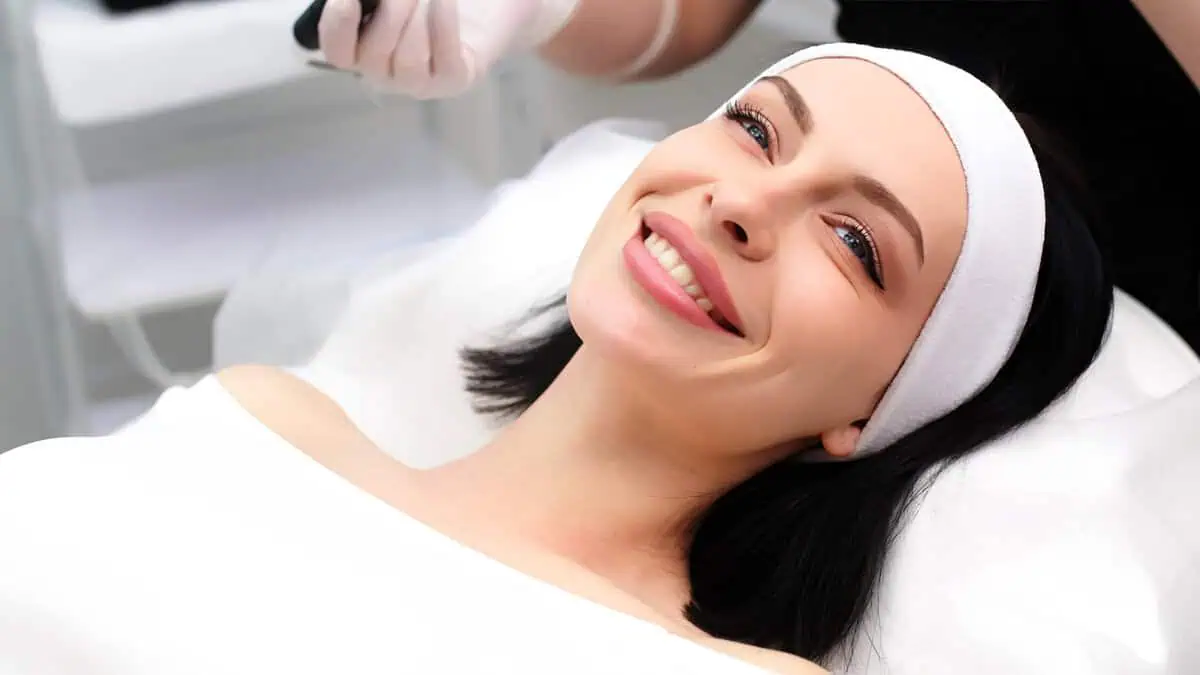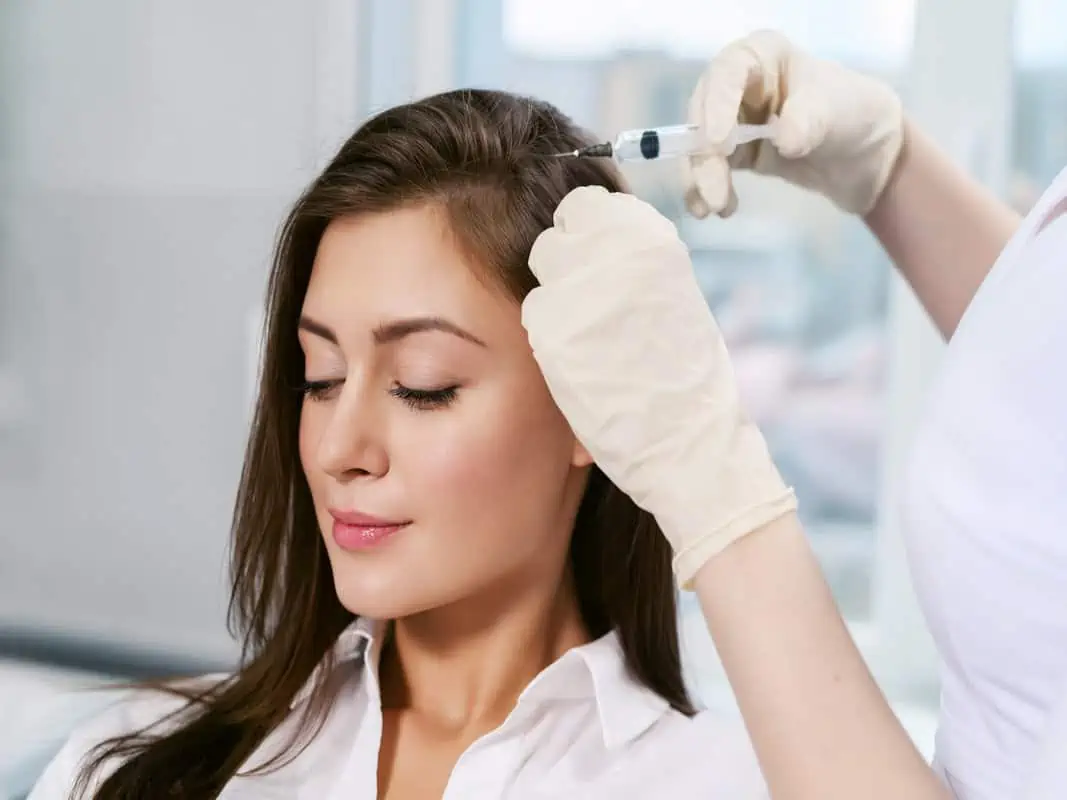Hormone Replacement Therapy (HRT) is a medical treatment that uses hormones to relieve the symptoms of menopause, such as hot flashes, mood swings, and vaginal dryness. However, HRT is not without risks, and women who take hormones for a long time may be at increased risk of breast cancer, heart disease, stroke, and blood clots. Therefore, it is essential to know how long it is safe to be on hormone replacement therapy.
Types of Hormone Replacement Therapy
There are two types of hormone replacement therapy: estrogen-only therapy (ET) and combination hormone therapy (CHT). ET is recommended for women who have had a hysterectomy, while CHT is recommended for women who still have their uterus. CHT combines estrogen with progesterone to protect the uterus from cancer. Women who take CHT may be at a higher risk of developing breast cancer, while women who take ET are at a lower risk.
Benefits of Hormone Replacement Therapy
HRT can be effective in relieving the symptoms of menopause, such as hot flashes, night sweats, mood swings, and vaginal dryness. HRT can also help prevent bone loss and fractures and reduce the risk of colon cancer.
Risks of Hormone Replacement Therapy
HRT may increase the risk of breast cancer, heart disease, stroke, and blood clots. The risk of breast cancer increases with the duration of HRT use, especially with CHT. Women who take HRT are also at a higher risk of developing ovarian cancer. HRT can also increase the risk of gallbladder disease and dementia in older women.
Duration of Hormone Replacement Therapy
The duration of Hormone Replacement Therapy should be individualized based on the woman’s symptoms and medical history. The current recommendation is to use the lowest effective dose of hormones for the shortest duration necessary to relieve symptoms. Generally, HRT should be used for no more than five years for women who take CHT and up to 10 years for women who take ET.
Alternatives to Hormone Replacement Therapy
There are non-hormonal alternatives to HRT that can help relieve menopause symptoms. These include lifestyle changes like regular exercise, a healthy diet, and stress management. Other options include herbal supplements, such as black cohosh, soy, and red clover. Women can also use vaginal moisturizers and lubricants to relieve vaginal dryness.
Monitoring Hormone Replacement Therapy
Women who take HRT should have regular check-ups with their healthcare provider to monitor their symptoms and side effects. Women should also have periodic mammograms and pelvic exams to detect changes or abnormalities. Women with a history of breast cancer, heart disease, stroke, or blood clots should avoid HRT or use it only under close medical supervision.
Starting Hormone Replacement Therapy
Women considering HRT should discuss the benefits and risks with their healthcare provider. The decision to start HRT should be based on a woman’s symptoms, medical history, and personal preferences. Women with a history of breast cancer, heart disease, stroke, or blood clots may not be good candidates for HRT. Women who are at increased risk of these conditions should be closely monitored if they decide to start HRT.
Discontinuing Hormone Replacement Therapy
Women who discontinue HRT should do so gradually to minimize the risk of symptoms returning. It is recommended to taper off the hormones for several months. Women who stop HRT abruptly may experience symptoms such as hot flashes, mood swings, and vaginal dryness. Women taking HRT for a long time may also be at increased risk of bone loss and fractures after discontinuing the therapy.
Hormone Replacement Therapy and Quality of Life
Hormone Replacement Therapy can help improve the quality of life for women by relieving menopause symptoms and reducing the risk of bone loss and fractures. HRT can also improve mood and cognitive function in some women. However, the benefits of HRT should be weighed against the risks, and the decision to start HRT should be based on a woman’s circumstances and preferences.
Hormone Replacement Therapy and Cardiovascular Health
Hormone Replacement Therapy has been shown to help improve cardiovascular health in women by reducing the risk of heart disease and stroke. Estrogen helps maintain healthy blood vessels, reducing the risk of developing cardiovascular disease. Women who take HRT may also have lower levels of LDL (“bad”) cholesterol, higher levels of HDL (“good”) cholesterol, and improved blood pressure.
Hormone Replacement Therapy and Bone Health
Hormone Replacement Therapy can also help improve bone health in women by reducing the risk of osteoporosis and fractures. Estrogen helps maintain bone density, reducing the risk of fractures, particularly in women who have gone through menopause. Women who take HRT may also have lower bone loss and fracture rates than those who do not.
Hormone Replacement Therapy and Sexual Health
Hormone Replacement Therapy can improve sexual health in women by reducing vaginal dryness and increasing sexual desire. Estrogen helps maintain healthy vaginal tissue, reducing discomfort during sexual activity. Women who take HRT may also have increased sexual satisfaction and reduced pain during intercourse.
Hormone Replacement Therapy and Mental Health
Hormone Replacement Therapy can improve mental health in women by reducing the risk of depression and improving mood. Estrogen helps to regulate mood by increasing the production of neurotransmitters such as serotonin and dopamine. Women who take HRT may also have improved cognitive function, including memory and attention.
Conclusion
In conclusion, Hormone Replacement Therapy can be an effective treatment for women experiencing symptoms of menopause or at risk of osteoporosis or heart disease. While HRT has been associated with some risks, its benefits in improving cardiovascular health, bone health, sexual health, and mental health have been well-documented. Women considering HRT should discuss the potential benefits and risks with a healthcare provider, and non-hormonal alternatives should also be considered.
Choosing a trusted and experienced provider is essential if you are considering Hormone Replacement Therapy. Beauty Couture Aesthetics is a premier medical spa that offers Hormone Replacement Therapy and other anti-aging treatments. Our team of medical professionals is dedicated to providing the highest quality of care to help you look and feel your best. Contact us today, Schedule your consultation, and learn more about how we can help you achieve your health and beauty goals.






